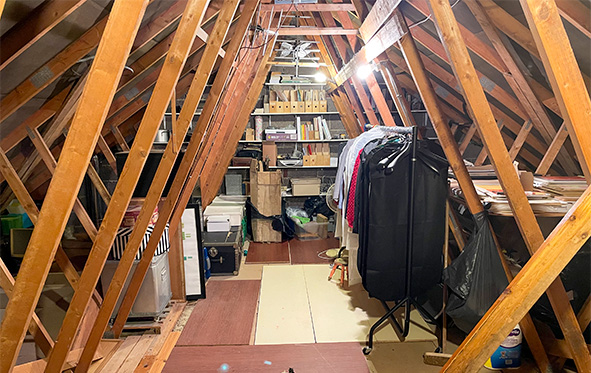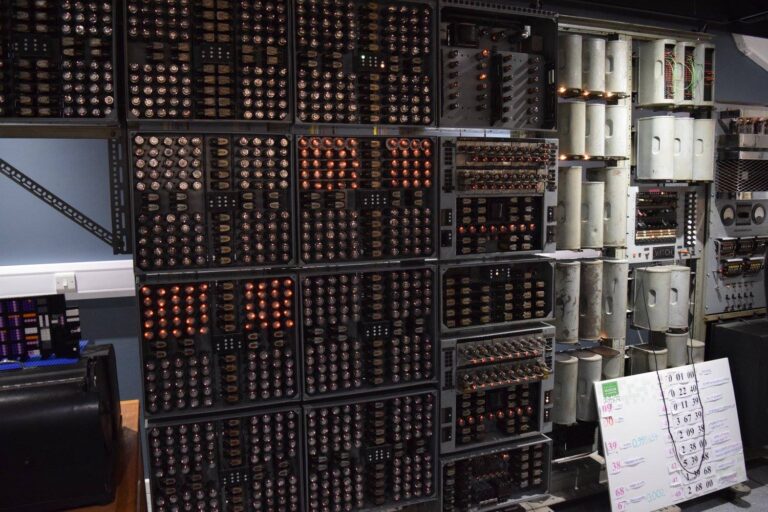Is your glass half empty or half full?. As child, teenager and young adult, I was a half full person. I was a complete, over-the-top optimist. Sadly, this led to professional levels of procrastination. I skated over homework at school, preferred the tennis court over the library at college, always convinced it would work out “somehow”. In time marriage and children adjusted the horizon. I began to realise I wasn’t a brilliant genius who could change the world without effort. My glass emptied until it was only half full. For a period I was a pessimist, analysing what could go wrong, looking round every corner, anxiously preparing for every possible catastrophe. Doubt entered my life for the first time. Did I have what it takes to cope with life, support a family, lead a stake? At 78 I think (hope) I’m recovering a little of my youthful confidence (although, you may be surprised to hear, I’m still not a genius who can change the world). There is no doubt that doubt can be a corrosive acid, a lava flow destroying all in its path.
It was announced recently that Ralph Fiennes is nominated for an Oscar, for his role in “Conclave”as Cardinal Lawrence, supervising the process for selecting a new pope. A few weeks ago in one of our rare cinema visits (there’s few movies we care to watch these days) Barbara and I saw this movie. We found it fascinating as entertainment, Fiennes was excellent, though we can’t comment on the accuracy of the story. We assume (and hope) that drama, intrigue and power struggles were substantially sensationalised. My attention was caught by a statement Cardinal Lawrence makes in an introductory speech to the other cardinals:
Over the course of many years in the service of our mother the Church, let me tell you, there is one sin I have come to fear above all others: certainty. Certainty is the great enemy of unity. Certainty is the deadly enemy of tolerance . . . Our faith is a living thing precisely because it walks hand in hand with doubt. If there was only certainty and no doubt, there would be no mystery, and therefore no need for faith. Let us pray that God will grant us a pope who doubts.
That’s a peculiar position for a Christian to take. Jesus was completely doubt-free, and encouraged his followers to seek the certainty of faith. Faith, not doubt is a cornerstone of the Christian gospel. It leads to a clarity of belief we call testimony. Jesus laboured to make things plain. Mystery in the Christian gospel is an invention of men. No-one knows everything of course, but questions are different from doubt. Lack of understanding doesn’t imply lack of willingness on God’s part to impart truth. No — doubt and mystery came from men, codified by ecumenical councils and creeds in the 4th and 5th centuries, long after the simple, straightforward teachings of our Saviour..
After his resurrection, he repeatedly demonstrated the physicality of his resurrected person. This was hard to accept by some disciples, who had doubts. Thomas was missing at the first appearance of the resurrected Christ and refused to believe the testimony of his fellow apostles. But then we read this:
John 20:
26 ¶ And after eight days again his disciples were within, and Thomas with them: then came Jesus, the doors being shut, and stood in the midst, and said, Peace be unto you.
27 Then saith he to Thomas, Reach hither thy finger, and behold my hands; and reach hither thy hand, and thrust it into my side: and be not faithless, but believing.
28 And Thomas answered and said unto him, My Lord and my God.
29 Jesus saith unto him, Thomas, because thou hast seen me, thou hast believed: blessed are they that have not seen, and yet have believed.
Having questions is natural but we don’t instantly achieve answers to everything. For some, this leads to doubt, but there is no room for doubt and mystery in Christ’s gospel, although there’s plenty of room for questions. In the October 2013 conference of The Church of Jesus Christ of Latter-day Saints, Dieter F. Uchtdorf, one of Christ’s living apostles, said this:
Some might ask, “But what about my doubts?”
It’s natural to have questions . . . There are few members of the Church who, at one time or another, have not wrestled with serious or sensitive questions. One of the purposes of the Church is to nurture and cultivate the seed of faith—even in the sometimes sandy soil of doubt and uncertainty. Faith is to hope for things which are not seen but which are true.
Therefore, my dear brothers and sisters—my dear friends—please, first doubt your doubts before you doubt your faith. We must never allow doubt to hold us prisoner and keep us from the divine love, peace, and gifts that come through faith in the Lord Jesus Christ.
Of course doubt exists, but so does faith. Certainty is a product of faith, which is where Cardinal Lawrence’s wish for a pope who doubts seems strange. When Peter climbed out of the boat and walked a few steps on the water, for that moment he had certain faith. When he doubted, he began to sink. So would a pope — or anyone for that matter. From time to time we may be called to walk on water — take on what seems an impossible task, navigate the rough waters of untimely death, cope with debilitating illness. Mortal life is deliberately challenging; we are not omnipotent and we can be certain but wrong. We aren’t perfect beings, and imperfect beings make mistakes. Accepting mistakes in others is sometimes difficult, but it’s often harder dealing with our own. In that October 2013 talk Elder Uchtdorf also said:
. . . to be perfectly frank, there have been times when members or leaders in the Church have simply made mistakes. There may have been things said or done that were not in harmony with our values, principles, or doctrine.
I suppose the Church would be perfect only if it were run by perfect beings. God is perfect, and His doctrine is pure. But He works through us—His imperfect children—and imperfect people make mistakes.
Mistakes are just part of life, sometimes merely annoying, sometimes devastating, but need not lead to despair or doubt. I think Cardinal Lawrence makes a mistake in saying “certainty is the deadly enemy of tolerance”. After all, we tolerate our own mistakes, even if there’s a season of self recrimination. We move on successfully, especially if our glass is half full. A glass half full is always better than a glass half empty. But a glass full to the brim is better than either, and our glass can only be full through faith. Remember that when Peter started to sink, Jesus reached out and pulled him up, and with Christ by his side he walked on water again. And so can we; may our glasses remain full through our Redeemer, Jesus Christ.



